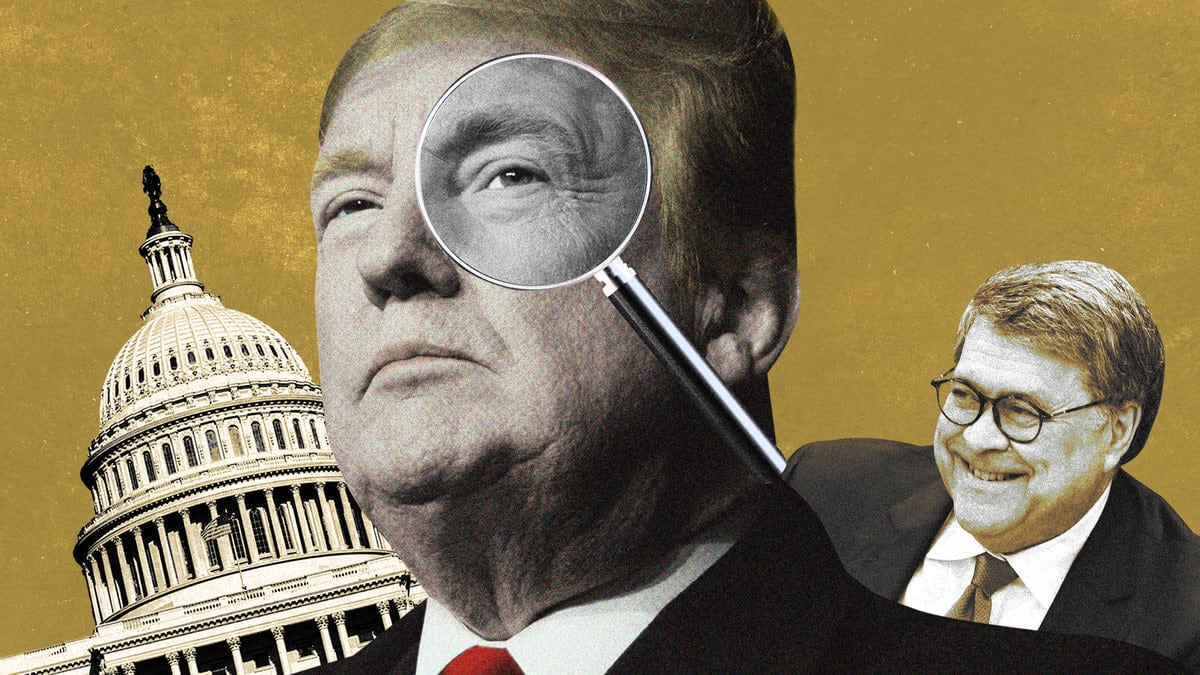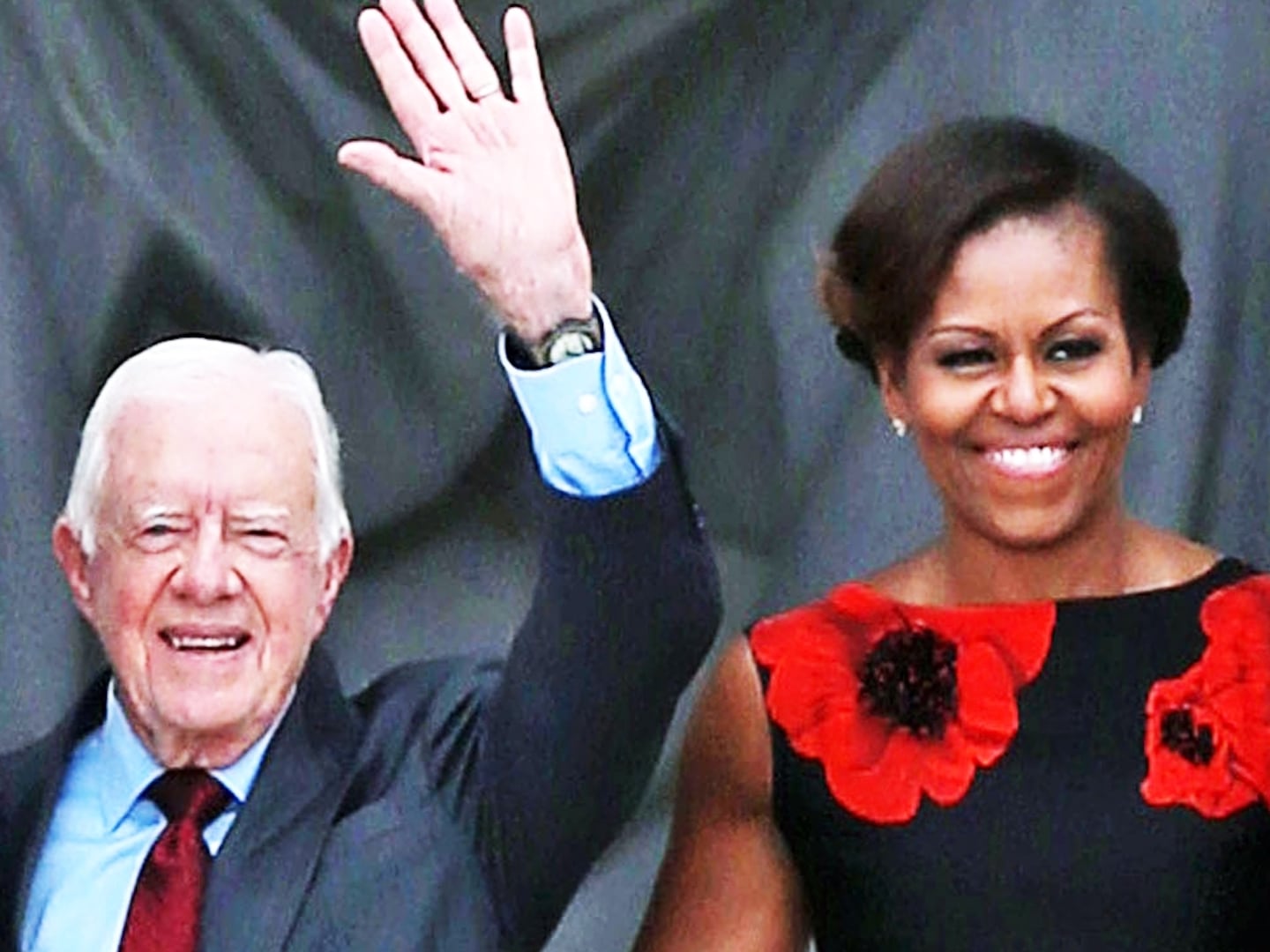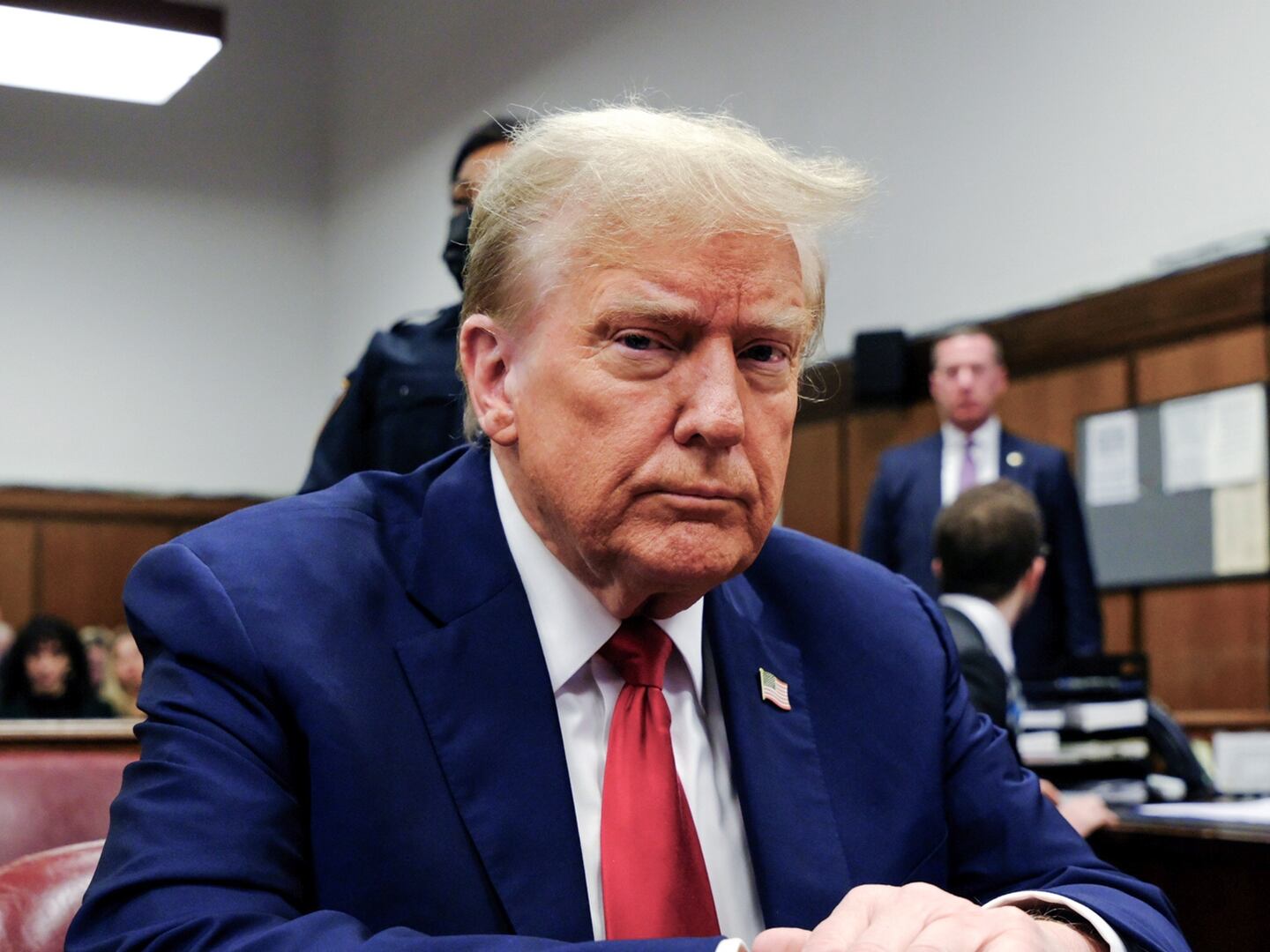Trumpland
Illustration by The Daily Beast/Getty
Bill Barr Can’t Investigate Barack Obama. Who Says So? Bill Barr.
DIDN’T THINK OF THAT
Whatever Obamagate is, Barr can’t probe it by his own standards, which hold that a president is the law and can do practically anything.
opinion

Trending Now





